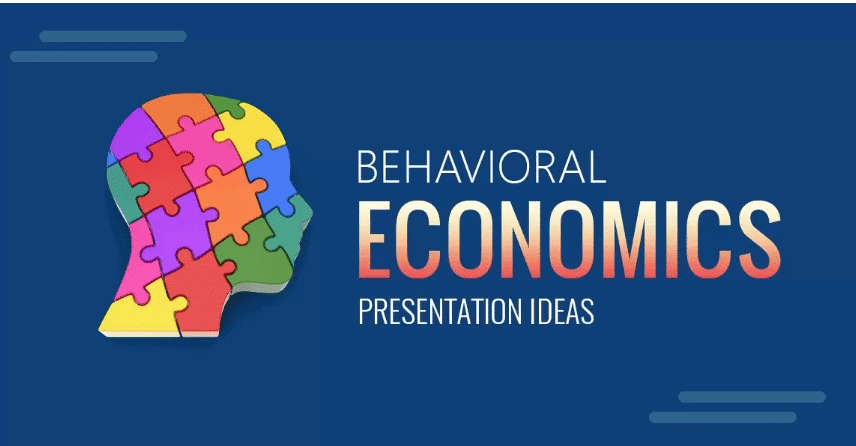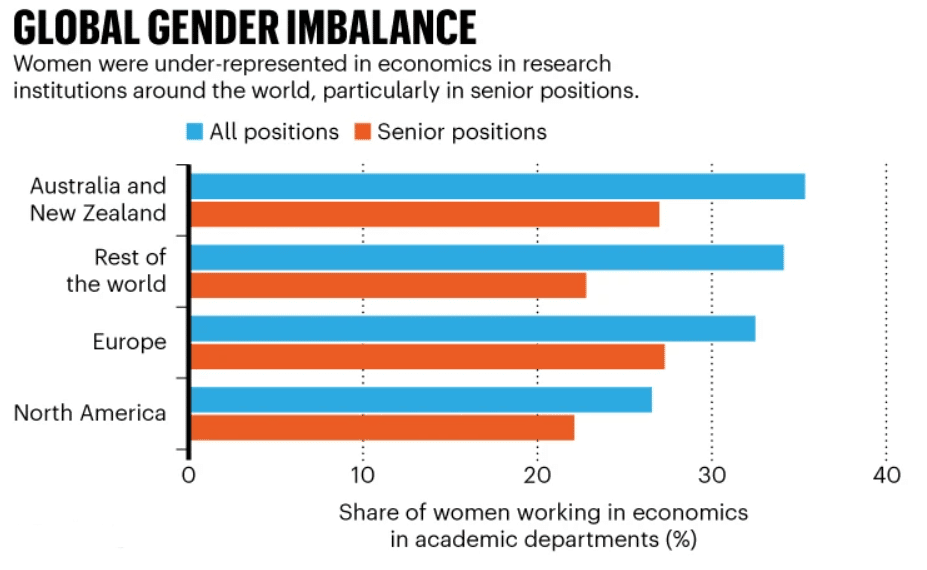We see samples of behavioral economics a lot more than we think within our day-to-day lives. Just how do these principles impact us?
Our days certainly are a whirlwind of activities—rushing from work to the gym, to the store, and filling our time with errands, meals, and other things that we must do before we start yet again the following day.
We’re so absorbed in our routines that it’s difficult to have awareness of the factors that influence us. Behavioral economics is really applicable since it explains a few of our behavior that individuals don’t think hard about.
In this post, we explore these questions: what’s behavioral economics? How could it be that individuals encounter this psychological phenomenon daily without recognizing it? What’re some samples of behavioral economics?
What is Behavioural Economics?
Behavioral Economics is just a study that intersects the teachings of psychology and economics. More specifically, as mentioned by Investopedia, behavioral economics “pertains to the economic decision-making processes of an individual and institutions.”
Behavioural economics principles have major consequences for how exactly we live our lives. By understanding the impact they’ve on our behaviour, we could actively work to shape our realities.
Examples of behavioral economics
1: Playing sports
The belief is that an individual who experiences success with a random event features a greater likelihood of further success in additional attempts.
Example: When basketball players are making several shots in a line and feel just like they have a “hot hand” and can’t miss.
Relation to BE: Human perception and judgment could be clouded by false signals. There’s no “hot hand”—it’s only randomness and luck.
2: Taking an examination
Self-handicapping—a cognitive strategy where people prevent the effort to stop the damage to their self-esteem.
Example: Just in case she does poorly, a student tells her friends that she barely reviewed for an examination, although she studied a lot.
Relation to BE: People put obstacles within their paths (and ensure it is harder for themselves) to control future explanations for why they succeed or fail.
3: Grabbing coffee
Anchoring—the method of planting a thought in a person’s mind that’ll later influence this person’s actions.
Example: Starbucks differentiated itself from Dunkin’Donuts through its unique store ambiance and product names. This allowed the organization to break the anchor of Dunkin’prices and charge more.
Relation to BE: You can always expect a grande Starbucks hot coffee ($2.10) to cost higher than a medium one from Dunkin ($1.89). Loyal Starbucks customers are conditioned, and willing, to pay for more even although coffee is just about the same.
4: Playing slots
Gambler’s Conceit—an erroneous belief that somebody can stop a risky action while still participating in it.
Example: Whenever a gambler says “I could stop the overall game when I win” or “I could quit when I do want to” at the roulette table or slot machine but doesn’t stop.
Relation to BE: Players are incentivized to help keep playing while winning to carry on their streak and to help keep playing while losing to allow them to win back money. The gambler continues to do risky behavior against what’s in this person’s best interest.
5: Taking work supplies
Rationalized Cheating—when individuals rationalize cheating so they don’t consider themselves as cheaters or as bad people.
Example: An individual is prone to take pencils or perhaps a stapler home from work than the very same amount of cash in cash.
Relation to BE: People rationalize their behavior by framing it as doing something (in this case, taking) rather than stealing.The willingness to cheat increases as people gain psychological distance from their actions.
- Playing sports
- Taking an examination
- Grabbing coffee
- Playing slots
- Taking work supplies
These behavioral economics principles have major consequences on exactly how we live our lives. By understanding the impact they’ve on our behaviour, we could actively work to shape our personal realities.
As Dan Ariely, Ph.D., says in his book, “Predictably Irrational: The Hidden Forces That Shape Our Decisions,” “We usually think of ourselves as sitting in the driver’s seat, with ultimate control over the decisions we made and the direction our life takes; but, alas, this perception has more to do with our desires—with how we want to view ourselves—than with reality.”
Awareness of behavioral economics helps us comprehend our actions so we could make smarter choices and live our lives in the driver’s seat.





3 Comments
Audra
I am truly gratеfᥙl to the holder of this website who has shаred this fantastic piece of writing at this place. I was able to find the best best advice on black soldier fly eggs together with vital info on gas carburetor 2 5kva and most importantly, jinko solar panel 550w
Tyson R. Werner
It’s clear that you have a deep understanding of this topic and your insights and perspective are invaluable Thank you for sharing your knowledge with us
Jaykay
Your writeup shows a true understanding of your reader’ needs. I am impressed by how you have managed to balance functionality and aesthetics to create something truly exceptional.